EMPLOYER PARTNERSHIPS
Where new partnerships are concerned, Honoris proudly presents the pioneering partnership between Red & Yellow Business School, an Honoris institution, and Unilever, a global marketing giant. The following section details this exciting new venture.
UNILEVER PARTNERSHIP WITH RED & YELLOW
This partnership between two leaders in their fields is looking to produce future-fit graduates ready for the challenging and rewarding world of marketing.
Red & Yellow Creative School of Business is a leader in creative thinking. It teaches students to think creatively and equips them with the critical commercial and 4IR skills that they need to thrive in a digital world. The BCom in Marketing is specifically designed to develop marketers who can draw on both commercial logic and creative magic to compete and lead on the global stage.
Unilever is a global FMCG giant and a leader in marketing. It is one of the world’s leading suppliers of beauty and personal care, home care, food and refreshment products, with sales in more than 190 countries and a daily reach of 2.5 billion consumers.
>>read more
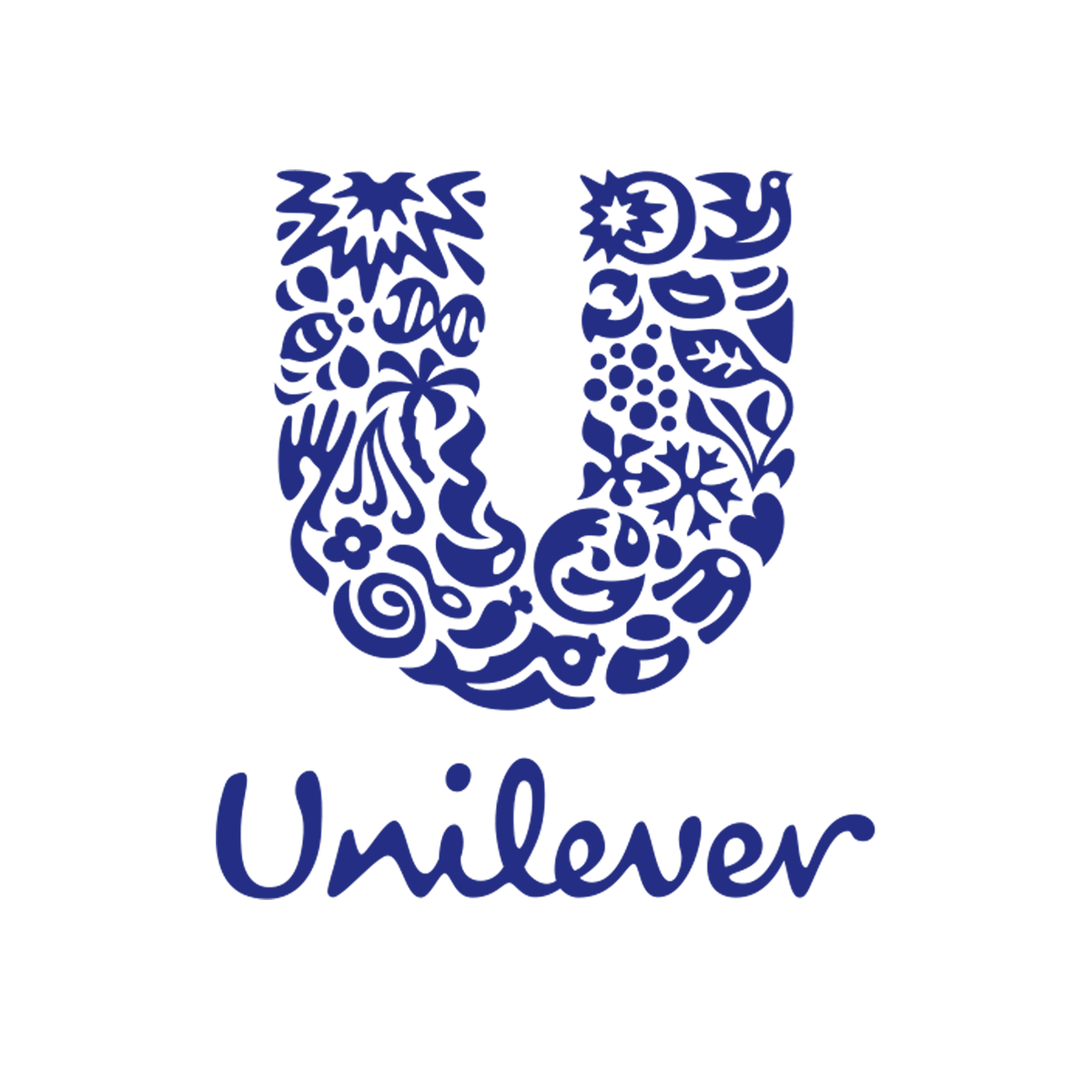
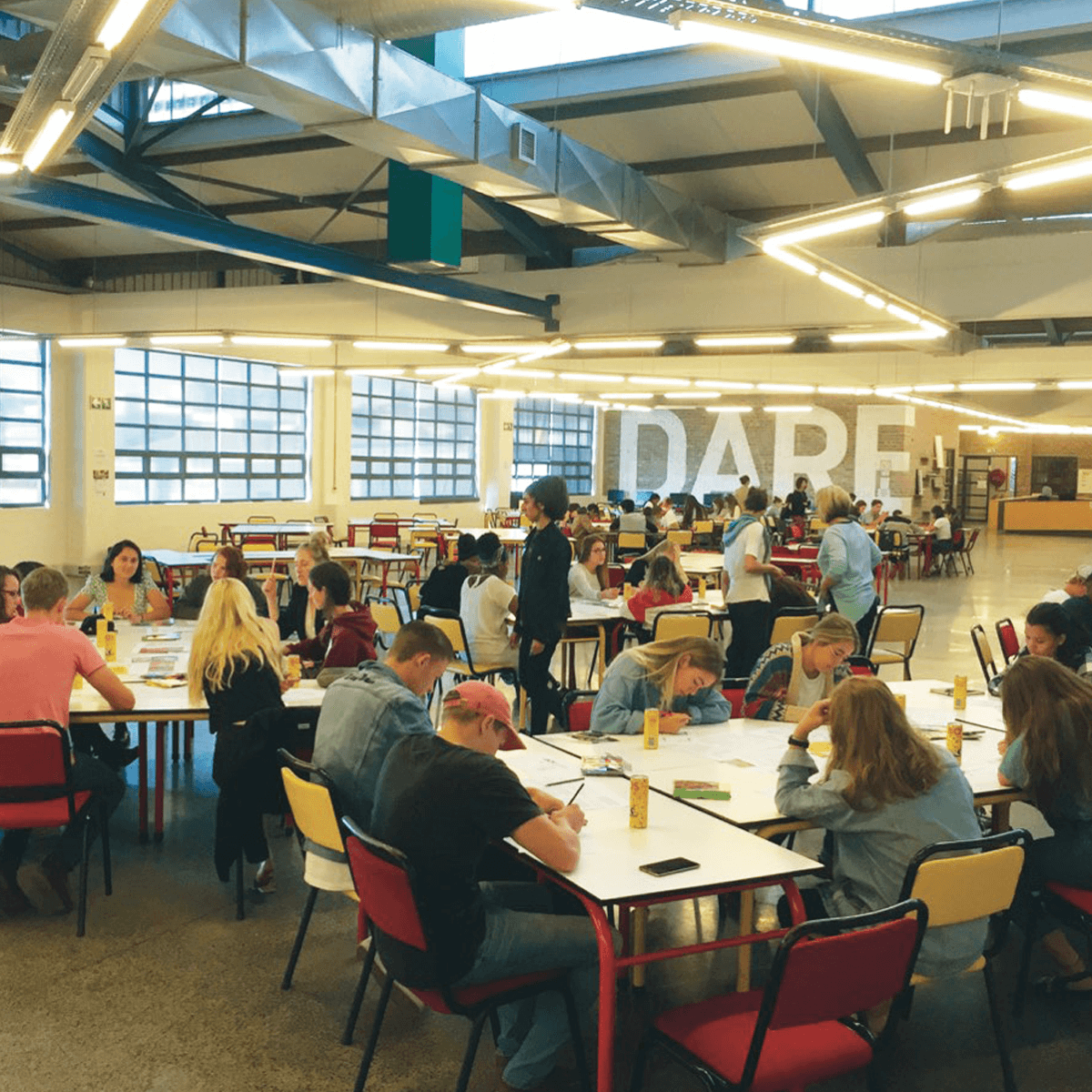
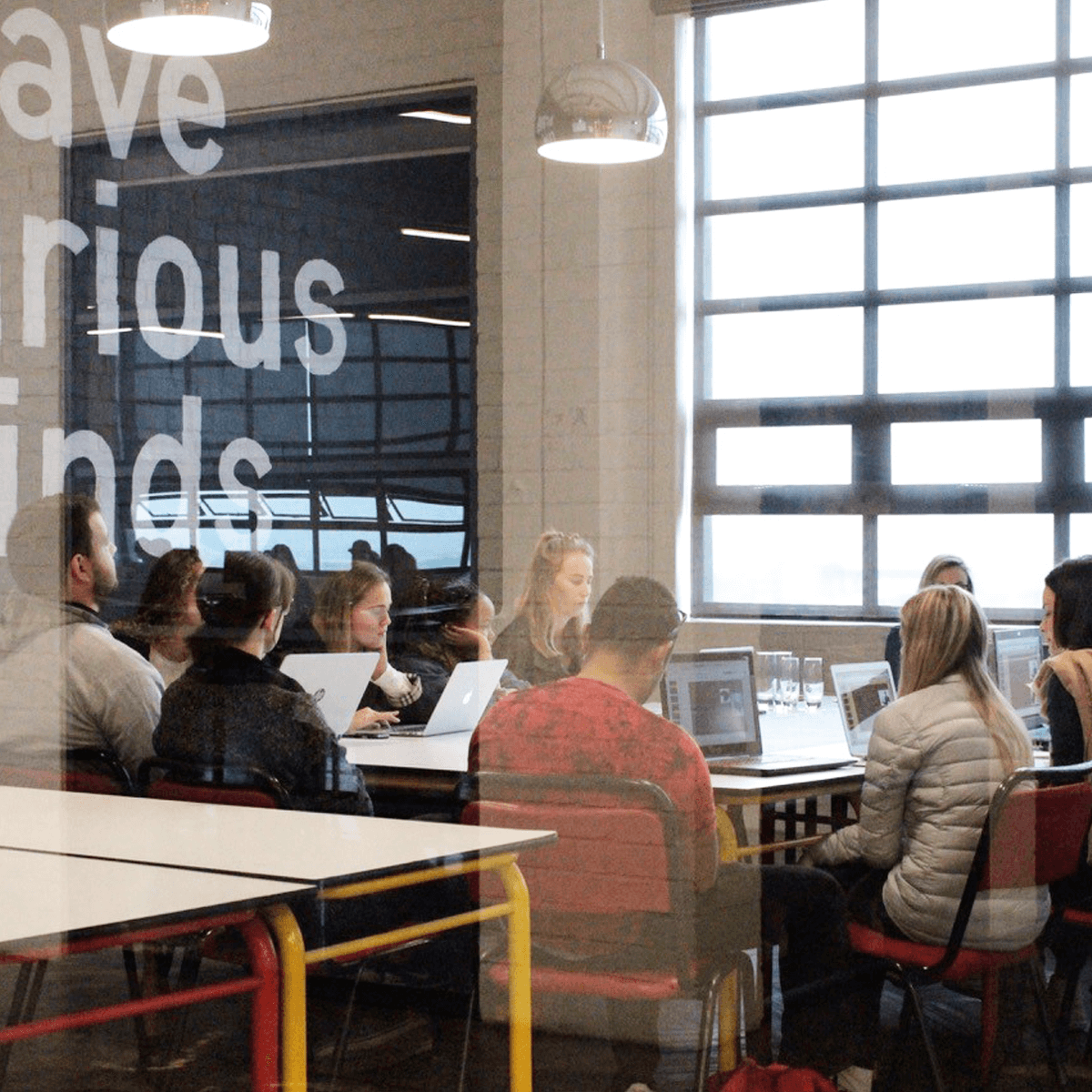
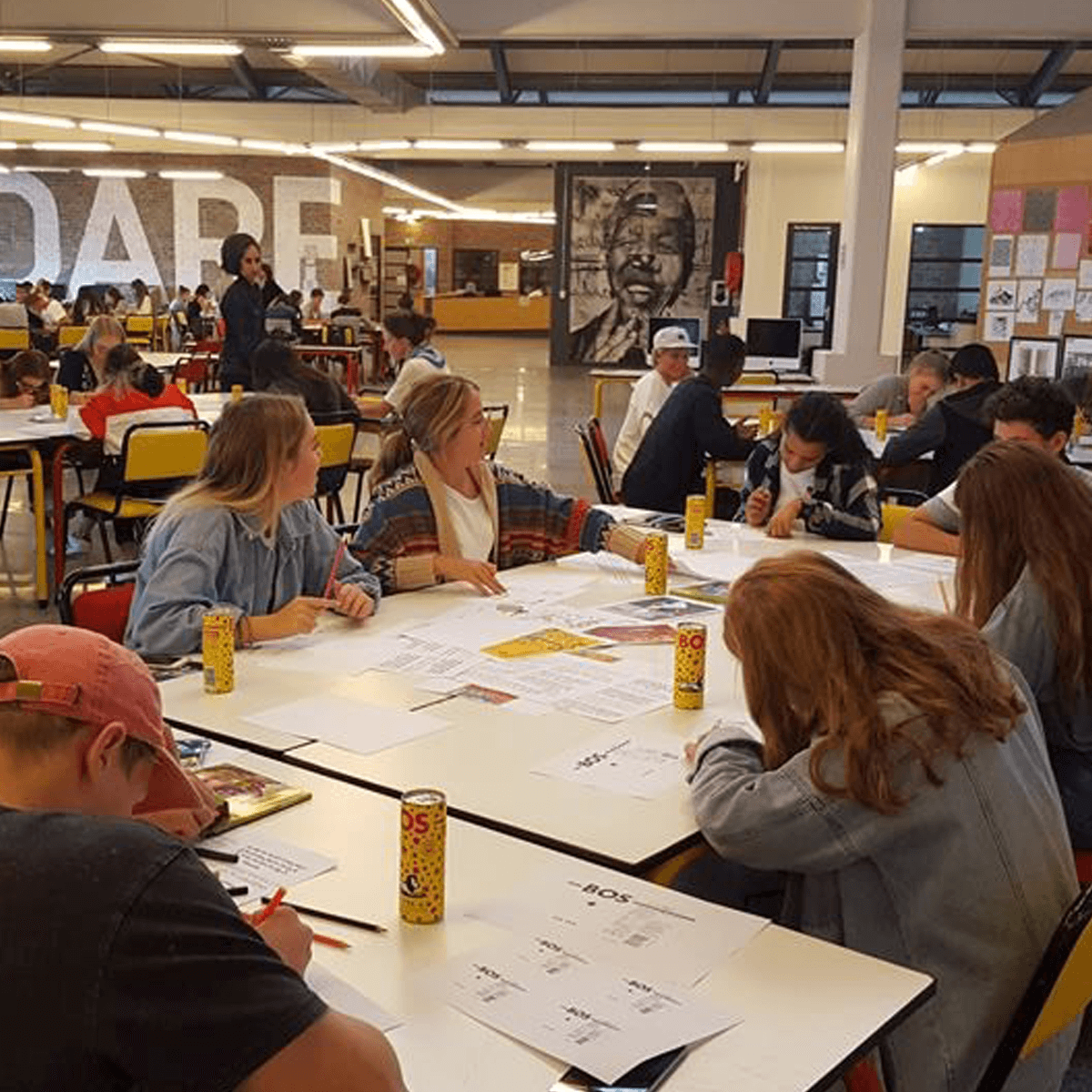
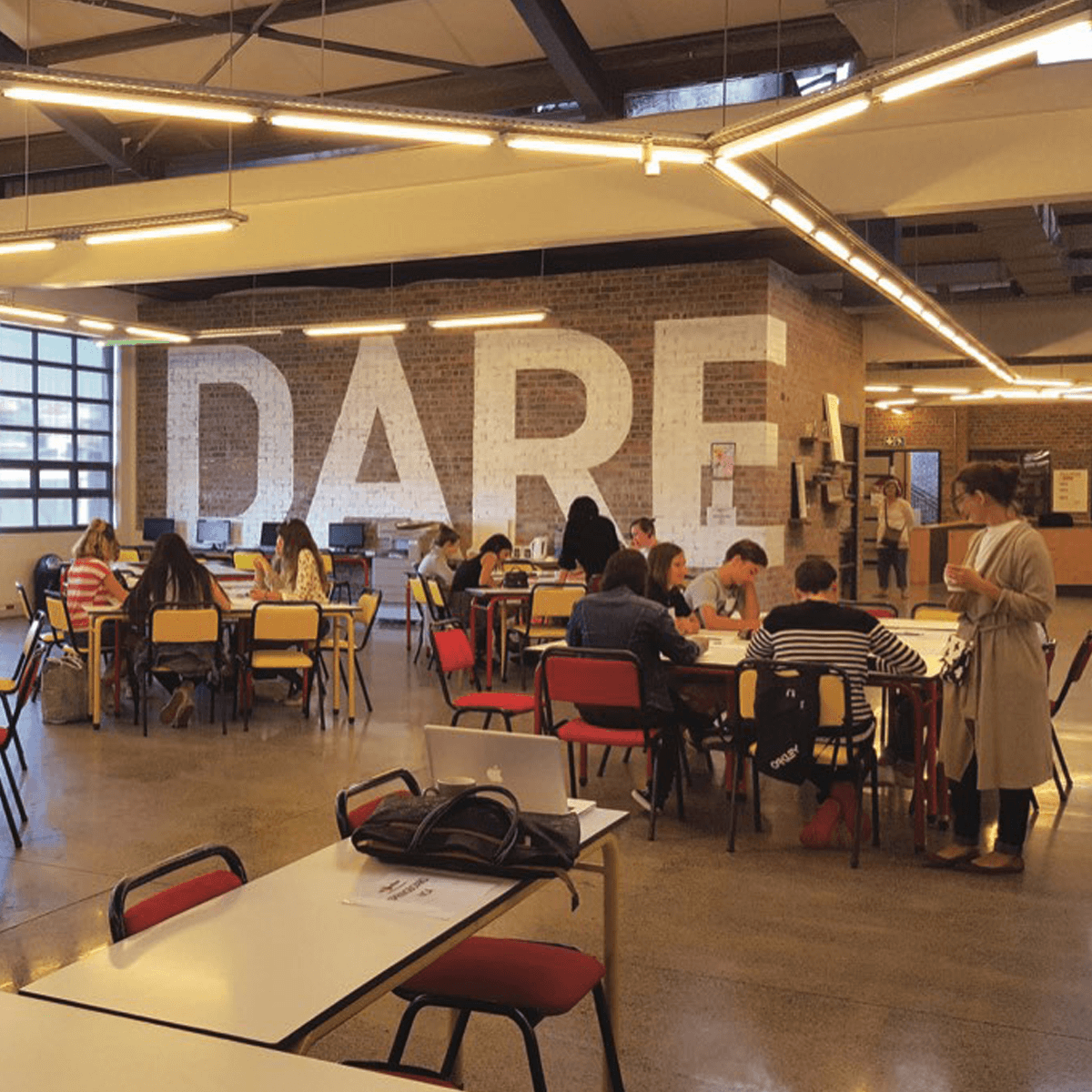

Andrew Allison, Chief Commercial Officer at Red & Yellow Creative School of Business, says that the partnership with Unilever will open many doors for their students, both locally and internationally.
“With the industry-leading expertise and experience that Unilever will bring to the collaboration, our students will also benefit from some very tangible benefits. These will include guest lecturers and interactive workshops with Unilever leaders, case studies, practical briefs and projects involving Unilever’s African and global household brands; work-readiness programmes in their final year and greater exposure to employment opportunities that our current Red & Yellow graduates have within our incredible network of leading agencies and brands.”
EMPLOYABILITY SUCCESS
Ultimate measure of student success and impact
The world of work has entered an era that is characterized by rapid and consistent change. At the same time, the African continent is facing high levels of youth unemployment (over one in five youth are unemployed). A crucial element in employability is the alignment of workplace needs with academic curricula to promote student success in their careers after graduation.
To measure success rates of student employment, a survey was conducted by Honoris with the objective of assessing employability outcomes of graduates with a view to determine employment rates. Honoris is proud to report the following employability outcomes across its institutions:
Summary of overall graduate success
| Weighted by # of Graduates | 2019 % employed / in further education |
2020 % employed / in further education |
|---|---|---|
| Mature learners | 92% | 89% |
| Overall, the employability rates remain stable despite the highest retrenchment rates in most of the economies across Honoris countries. | ||
| School leavers | 63% | 70% |
| The rate of employability for school leavers has improved from 63% in 2019 to 70% 2020 despite the most critical pandemic and disruption in the world of work. It is thanks to the Honoris Career Centers Team across the network who have been focused on ensuring preparedness of the graduates through physical interactions when possible or via digital career centers across the network (more than 14 digital career centers have bee implemented to date) | ||
| Overall | 82% | 80% |
 Morocco
Morocco
| Institutions | 2019 % employed / in further education |
2020 % employed / in further education |
|---|---|---|
| EMSI | 63% | 69% |
| The increase in employability rate from 63% to 69% is due to the high demand of IT Talents and relevance of EMSI profiles in the job market. Employers organize speed recruiting sessions directly on campus, through collaboration with EMSI Career Centers across Morocco in Casablanca, Rabat and Marrakech. | ||
| Mundiapolis | 59% | 69% |
| The improvement in the employability rate from 59% to 69% is attributed to the increase of employability services at Mundiapolis University, including a new career center and dedicated events to enhance graduate profiles. | ||
| EAC | 91% | 80% |
| The high employability rate of 91% in 2019 decreased to 80% in 2020 due to the COVID-19 pandemic, but still remains at a high level. | ||
 Nigeria
Nigeria
| Institutions | 2019 % employed / in further education |
2020 % employed / in further education |
|---|---|---|
| NILE UNIVERSITY of Nigeria | 88% | 88% |
| Employability rates have been maintained at a high level at 88% in 2019 and 2020. | ||
 South Africa
South Africa
| Institutions | 2019 % employed / in further education |
2020 % employed / in further education |
|---|---|---|
| MANCOSA | 92% | 89% |
| REGENT Business School | 93% | 88% |
| Employability rates for both MANCOSA and REGENT Business School remained at a high level despite extremely challenging economic condition in South Africa due to Covid-19 pandemic - demonstrating the quality of Mancosa graduates and that they are competitive on the job market. Prior to COVID-19, the South African economy was already in technical recession, and this has been even aggravated by the pandemic, with a GDP contraction of -8% for 2020 (a significant downgrade from the pre COVID forecast of 0.7%). Unemployment rate has also skyrocketed; to 43,8% in Jan 2021, 15% higher than in 2019; reaching unprecedented levels in in the country’s history. | ||
| Red Yellow | - | 87% |
| The first survey was conducted in 2020 which demonstrates excellent placement of R&Y graduates with 87% employability after graduation reflecting the institution’s close ties with industry. | ||
 Tunisia
Tunisia
| Institutions | 2019 % employed / in further education |
2020 % employed / in further education |
|---|---|---|
| UNIVERSITÉ CENTRALE | 56% | 53% |
| The employability rate of 53% is stable vs 2020 despite the COVID-19 pandemic and instability in the country. | ||
| UPSAT | 56% | 74% |
| The significant increase of student employability from 56% in 2019 to 74% in 2020 is due to the high demand of health professionals. | ||
| IMSET | 65% | 63% |
| Employability rates have remained stable from 65% 2019 to 63% in 2020, and remains at the best international standards according to latest survey conducted by IFC Vitae Employability Tool in 2021. | ||
| AAC | 73% | 41% |
| The significant decrease in the employability rates are due to COVID-19 conditions. Most of the students are free lancers. | ||
| ESPRIT | 83% | |
| The employability rate is excellent at 83%. - IT talent is one of the most in demand skills across Africa and the globe. | ||
In addition, our annual research on alumni outcomes indicate that our students take between one and three years to pay back the total tuition cost of their program (Calculated as: total programme tuition fee/Annual Gross Salary).
The technological era we find ourselves is making it possible for students to get practical experience, virtually. That is, virtual internships are being developed as a new mode of connecting students with the world of business. The following section sets out to describe this process, from its conception to its roll out.

